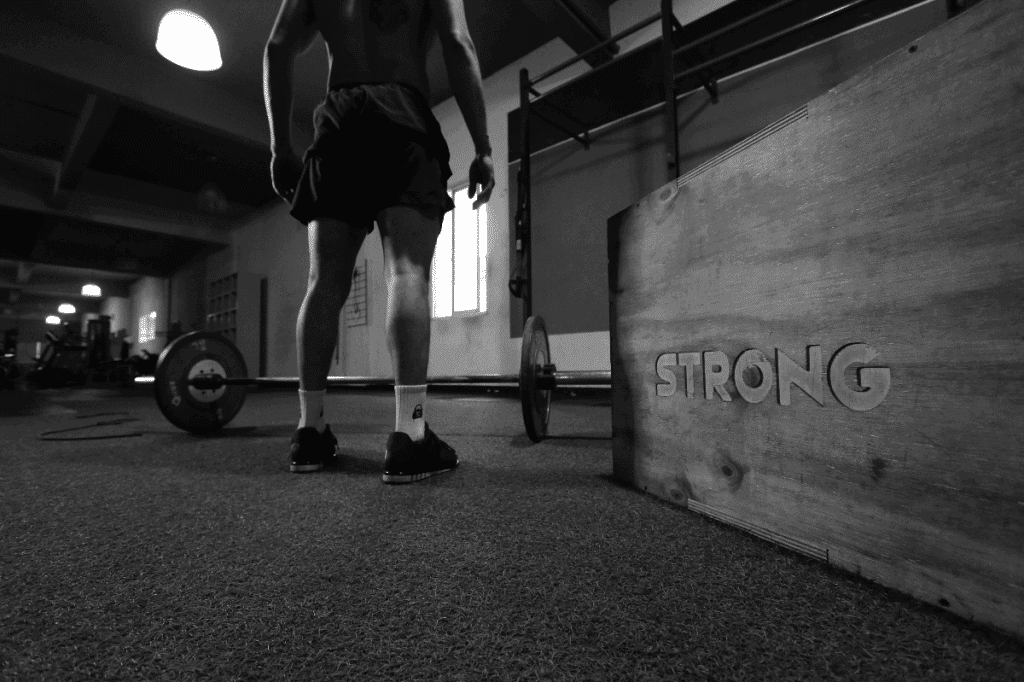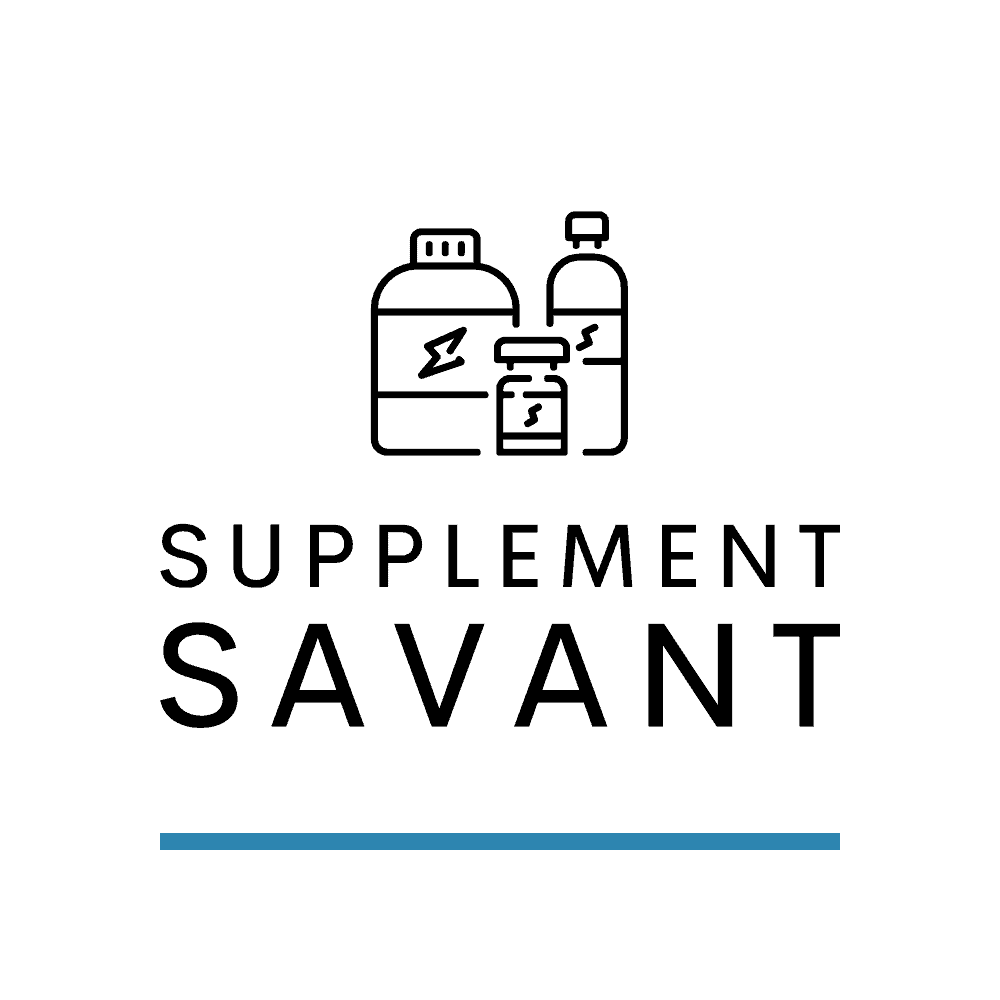My fitness journey began several months ago. Like many people, I have fallen out of my usual routine over the past year and begun to notice the changes in my body. I was out of wind and puffing after a few flights of stairs. Running, once one of my favorite activities, now left me achy and exhausted.
Clearly, it was time to get back into shape. This meant taking steps to get more exercise, build muscle tone, and improve my stamina. Although the health benefits are clear, getting fit seemed like a long and exhausting process. I began to look into supplements that can help to make the process a little easier.
Citrulline is one of the more popular supplements for enhancing endurance and athletic performance. The more I looked into it, the more interested I became. Although I did not want to use performance-enhancing drugs, I was definitely interested in natural ways to make the process easier. I fell down an internet rabbit hole of studies and articles about this amino acid. Like most people, I wanted to understand what I was taking and know for certain that it is a good choice. What is citrulline? Is this supplement safe? Could it help me to achieve my fitness goals?
What is Citrulline?
More than just a supplement, the amino acid citrulline is made naturally by your body and is also commonly found in some foods, like watermelon. Amino acids are generally known for being building blocks of protein. However, citrulline works a little differently. Although it is not used in making proteins for your body, it has an equally important role in the urea cycle of your cells.
The urea cycle is your body’s way of processing different toxic chemicals that are made as part of natural metabolic processes. It helps to remove ammonia from your cells by turning that ammonia into urea, which is later passed out of your body in urine. This is important for people who exercise because they have higher rates of metabolism in their cells, particularly muscle cells, which means more ammonia needs to be processed in order to keep your cells as healthy as possible.
In addition, citrulline can be made into another important amino acid which is called arginine. Arginine is responsible for a variety of functions including widening your blood vessels and improving blood flow. It is also important in building new muscle. Extra citrulline in your body is converted to arginine, so taking citrulline ensures that you also have good blood flow to your muscles and the building blocks that you need to increase your muscle mass and tone.
Benefits
Citrulline appears to have three main benefits for people who exercise or engage in strenuous physical activity. These benefits can make a noticeable difference in performance and recovery.
Improved blood flow
When citrulline is converted to arginine, a substance called nitric oxide is released in small and safe amounts into your bloodstream. Nitric oxide is a vasodilator, which means that it makes your arteries and veins widen. This in turn allows more blood to flow to your muscles and other areas of your body that need it. It also slightly lowers your blood pressure, making it safer to push yourself a little harder.
Nitric oxide is completely safe. In fact, your body makes it on its own. Citrulline merely increases the amount temporarily.
Increased muscle performance
Although citrulline is not a component of the proteins used to build muscle, arginine is. Your body is more easily able to build muscle when it has the right supplies for the job. Interestingly, taking citrulline appears to increase your blood levels of arginine more than taking arginine itself. This is due to the way that arginine is absorbed into the bloodstream.
Because of the improved blood flow and increased supply of building blocks of muscle, taking citrulline appears to increase how well your muscles perform. It also has been shown in studies to help your body build more muscle which in turn leads to better athletic performance.
Faster metabolism of waste products
Metabolism is the process of converting food, water, and oxygen into actual energy. Metabolic processes produce wastes that can be destructive if not quickly excreted. These increased metabolic wastes after exercise are one of the main reasons for muscle soreness after a hard workout.
As a component of the urea cycle, citrulline helps your cells to get rid of ammonia, which in turn helps your body to recover more quickly from whatever challenges you decide to conquer.
Lower blood pressure
Increased blood pressure can put you at a higher risk of heart disease, stroke, and a variety of other serious and even deadly illnesses. Because citrulline is converted to arginine and then to nitric oxide, it lowers your blood pressure in a healthy and natural way. In fact, many people are taking this supplement for the blood pressure benefits alone.

Sources
Citrulline is made by your body in small amounts. It also can be found in a variety of foods. Watermelon is known to be an excellent source of this amino acid but it also can be found in cucumber, bitter melon, pumpkin, and other squashes and gourds. In fact, the name of this amino acid is derived from the Latin word for watermelon.
To get more citrulline in your diet without a supplement, consider making this watermelon lemonade as a refreshing drink before and during runs. You can also try having this watermelon and feta salad recipe as a light lunch or a side dish to boost your citrulline levels.
Cucumbers are a healthy and affordable source of citrulline as well. You can simply cut one up and dip in your choice of dressings or dips to get a little more citrulline in your diet before a workout or other physical exertion.
Many foods have not been tested for citrulline levels. As a result, many people find that taking a supplement is the best way to get high amounts of this amino acid as needed for better athletic performance and muscle tone.
Side Effects
Because citrulline is a natural amino acid made by your body, side effects are rare.
In order to prevent side effects, take only the recommended dosage, and make sure you drink plenty of water throughout your workouts.
The most common side effect of citrulline is stomach upset or heartburn. Many people get this symptom from supplements of all kinds. To prevent this, take your supplements with a snack or small meal. If the stomach discomfort persists, try using a different brand or a different formulation.
In addition, citrulline can temporarily increase the amount of creatinine and urea in your bloodstream because it is increasing the excretion of ammonia from your cells. Healthy kidneys will quickly clear this in the form of urine. It is important to ask your doctor before taking this supplement if you have any kidney problems.
Because citrulline slightly lowers blood pressure, people who naturally have dangerously low blood pressure should also use caution. Because exercise increases blood pressure, this will not affect the majority of people.
I feel that citrulline is a safe way to enhance performance. However, it is important to talk to your doctor if you have any medical conditions or any concerns about whether this supplement is right for you.
Dosage
There are two types of citrulline supplement widely available on the market: l-citrulline, which is the pure amino acid, and citrulline malate, which is citrulline bonded with another popular exercise supplement called malate. The dosages of these are slightly different.
Most experts recommend that people trying to enhance athletic performance take supplements of 3–6 grams every day of l-citrulline or about 8 grams per day of citrulline malate. Eight grams of citrulline malate is equivalent to about 4.5 grams of the amino acid itself.
This dose is also recommended for people who are using citrulline for medical purposes such as to lower high blood pressure. It is believed to be safe and effective. There are no reports of people becoming ill or suffering toxic effects from the recommended dose.
One small study looked at people taking different doses of citrulline, up to 15 grams at a time. None of the people studied had side effects and all were able to use this supplement safely. Citrulline that is not used in metabolism is excreted unchanged by the kidneys, which means that people who take it will simply pass any extra in their urine.
Take-Away
Citrulline is a supplement growing in popularity due to its reported benefits for physical exercise and athletic performance. It also has been shown in studies to be safe and to be well-tolerated without many common side effects. If you are thinking of trying this supplement to up your exercise game, there are many potential benefits and really nothing to lose.
I personally have been taking this supplement without any issues. While it can be difficult to tell if a supplement is truly making a difference, the science is clear that citrulline can benefit your exercise regimen and whole body health in a variety of ways.
